Criminal Justice (B.A.)
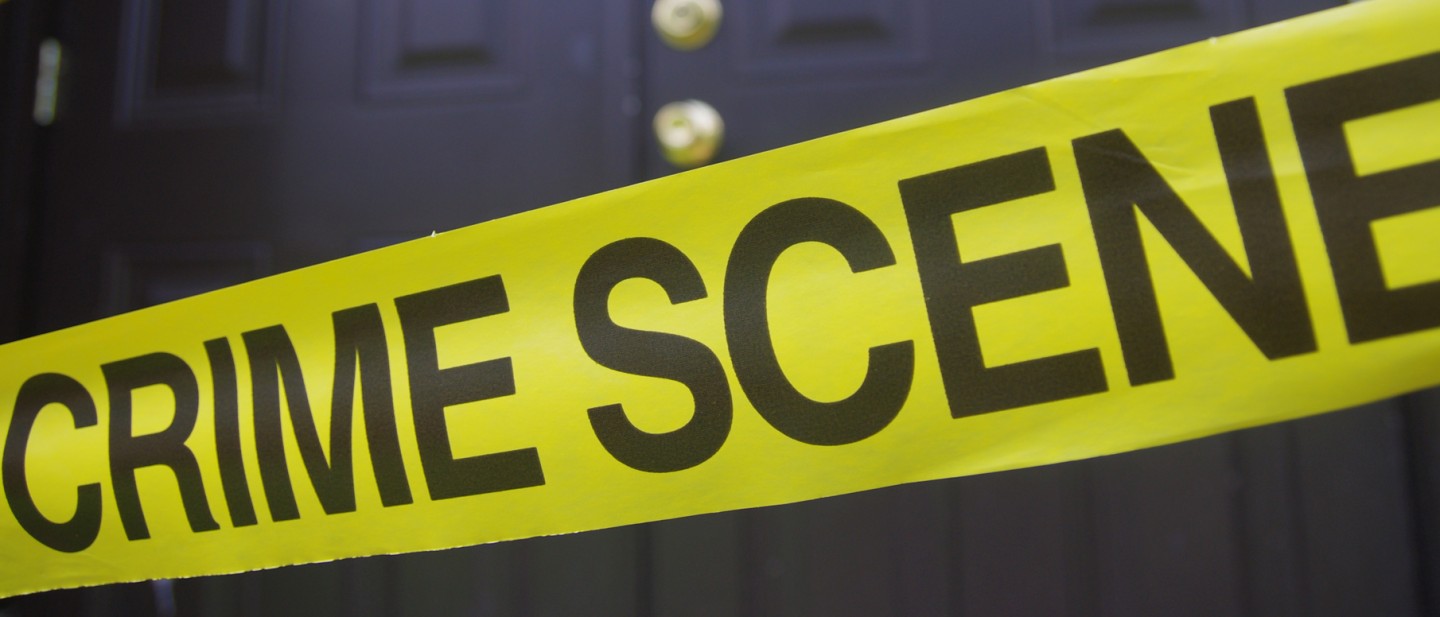
Justice & Rehabilitation
Why Study Criminal Justice at Seton Hill?
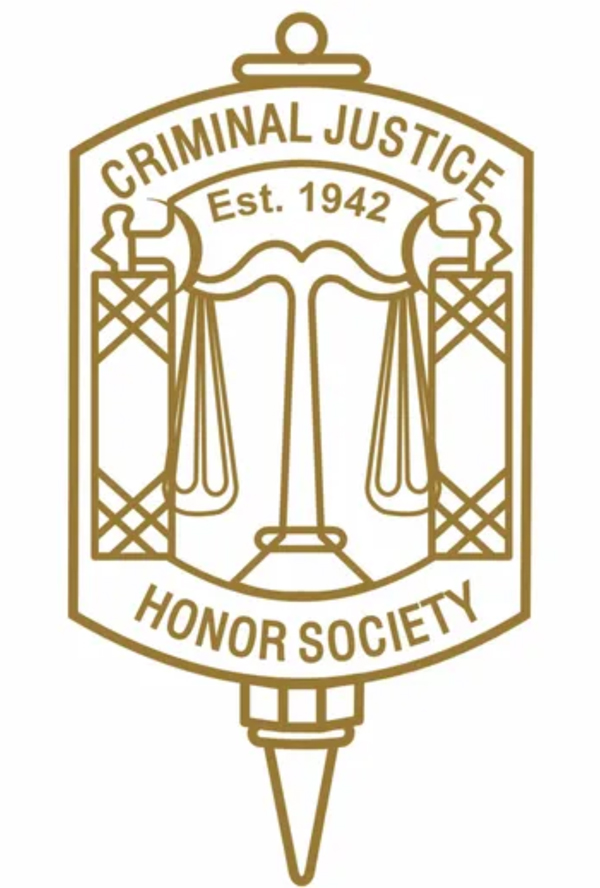 As a student in the Criminal Justice Program at Seton Hill, you will:
As a student in the Criminal Justice Program at Seton Hill, you will:- Learn how to use forensic science in investigations, and gain practical experience navigating the scene of a crime in Seton Hill’s Crime Scene House.
- Gain practical experience in the criminal justice field before you graduate through in-depth, semester-long community projects and intensive, supported internships in the field. Students regularly gain experience through the court system, probation offices, state and local law enforcement, the F.B.I. and human service organizations.
- Be able to easily add a second major, like psychology, in order to widen your knowledge base and career options. Minors in social work, human services, business and sociology are also available.
- Enjoy participation in student clubs and organizations like the Criminal Justice Club and Pi Gamma Nu, the Seton Hill Chapter of Alpha Phi Sigma, the national Criminal Justice Honor Society.
- Have the opportunity to earn this degree in the traditional four-year on-campus format, or through Seton Hill's Online Bachelor's Degree Program for working adults.
Police Training Track
As a criminal justice major at Seton Hill, you have the unique opportunity to also receive Municipal Police Officers' Basic Training - as required by Act 120 for all municipal police officers - while you earn your bachelor’s degree.
Through a partnership with Westmoreland County Community College (WCCC), Seton Hill criminal justice majors can be considered for acceptance to the Municipal Police Officers’ Education and Training Commission Basic Training Program (MPOETC) held at WCCC. As a Seton Hill criminal justice major, you can enter the Basic Training Program in your sophomore or junior year at Seton Hill.
Interested students will need to receive permission from Seton Hill’s Criminal Justice Program Director prior to applying to the WCCC Basic Training Program. The Basic Training Program can be completed on a full-time (approximately 6 months) or part-time (approximately 10 months) basis. The academy will count towards up to 18 credit hours at Seton Hill University.
Upon successful completion of MPOETC (completion of the academy and passing the certification examination), you will be eligible for certification and will be certified when you are employed by a municipal police department.
Faculty
Criminal justice faculty at Seton Hill are noted professors and also experienced professionals in the fields of forensic science, psychology, criminology, sociology and human services. Topics of specific expertise include DNA analysis, jury decision making, drug and alcohol abuse, domestic and gender-based violence, recidivism in the juvenile court system, research design and data analysis.
Crime Scene House
At Seton Hill, we have a full-sized ranch-style house on campus that is dedicated to the creation of "crime" - and its solution. As a criminal justice major, you will use the knowledge you are gaining in the classroom to examine and analyze mock crime scenes constructed by professors who are experienced in crime scene analysis.
"The professors put forth more work than they truly need to in order for their students to succeed. CJ will give you a different perspective on the world that we live in and how we are gaining the tools to go out and change it."
- Brian Soles, Criminal Justice Major, Class of 2014
Careers in Criminal Justice
Career opportunities for graduates with this degree are diverse and come with a range of competitive salaries. They include:
- Law Enforcement: Local, State & Federal
- Legal System
- Corrections
- Probation & Parole
- Court System: State & Federal
- Private Security
- Private Investigations
- Social & Community Services
Seton Hill’s Career and Professional Development Center (CPDC) will work with you, your professors, and local, regional and national employers to provide you with the career preparation skills, internship opportunities and placement services you need to keep moving up.
Admissions & Aid
At Seton Hill University, we offer streamlined admissions requirements and a comprehensive aid program.
![$rowMap['image-alt']](../../../_media/images/academics/call-outs/shutestimonialgraphic_bhollis_square.jpg)
Want to know more?
Loading...
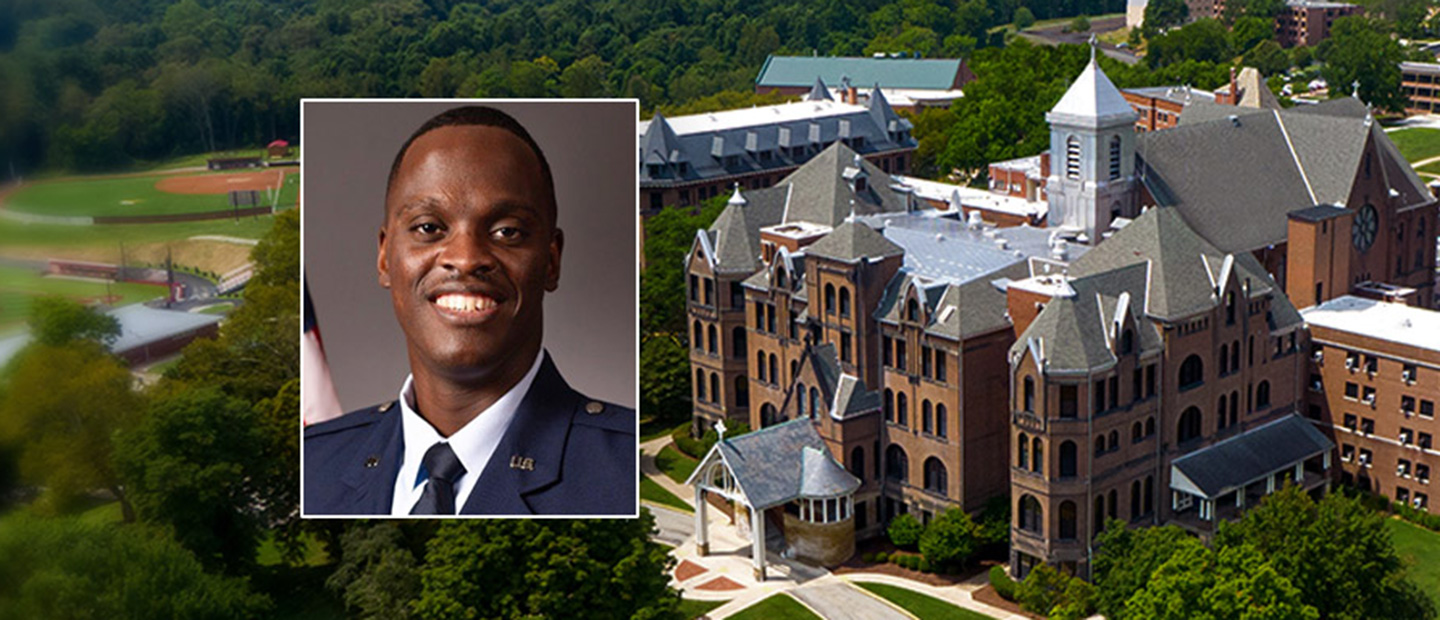

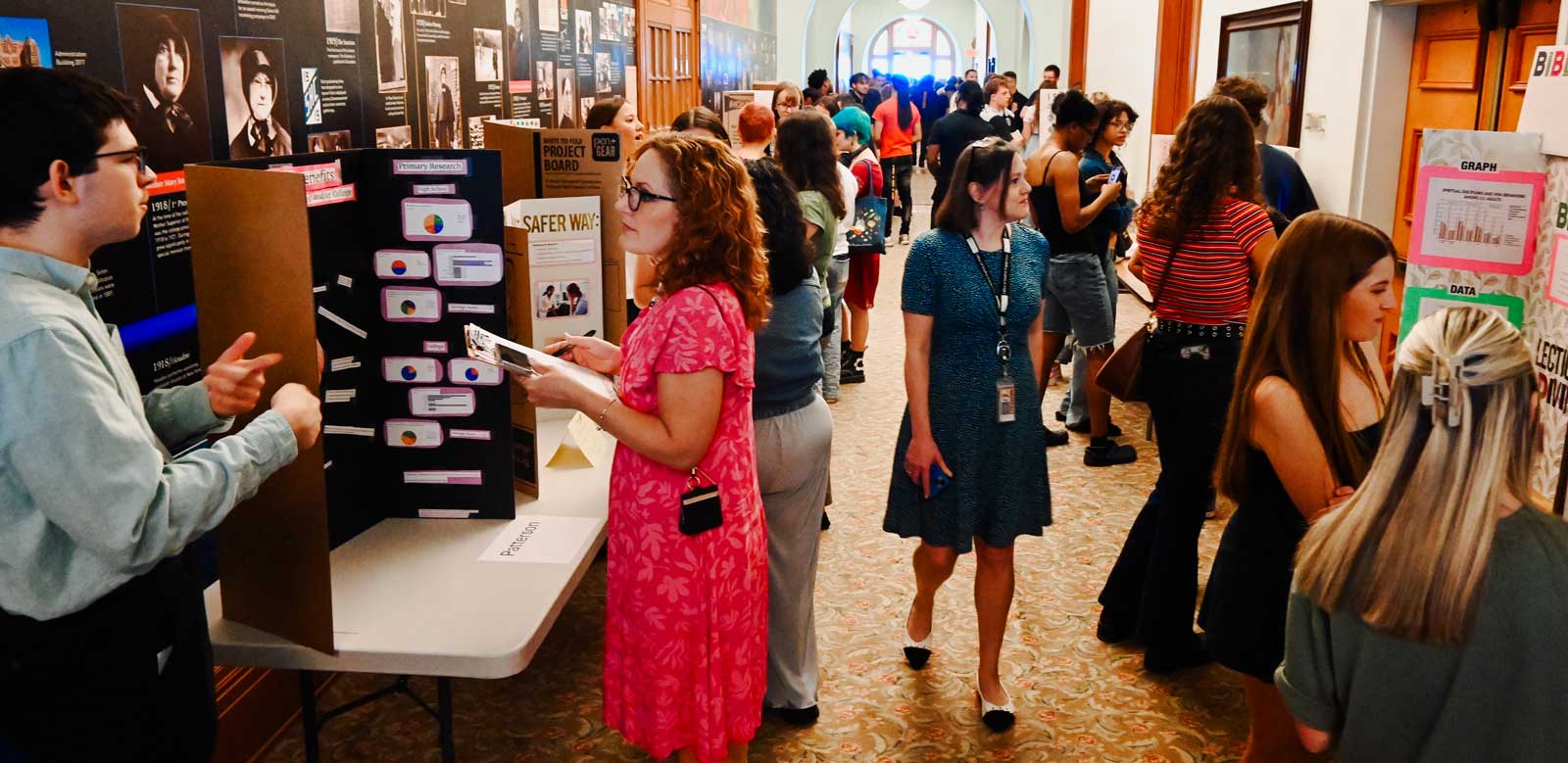

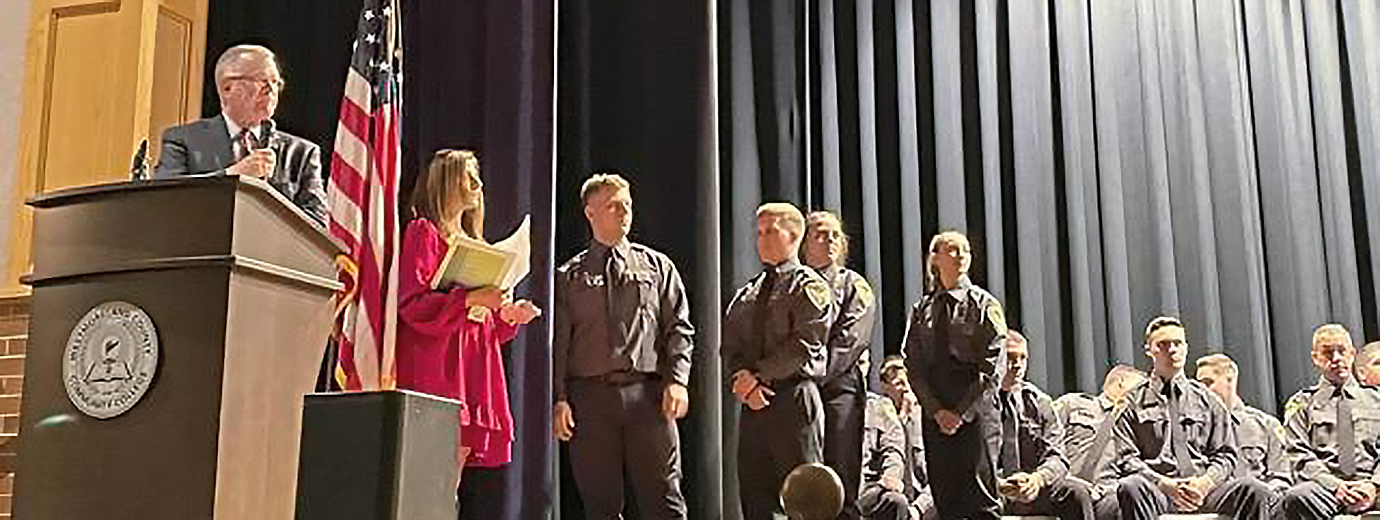

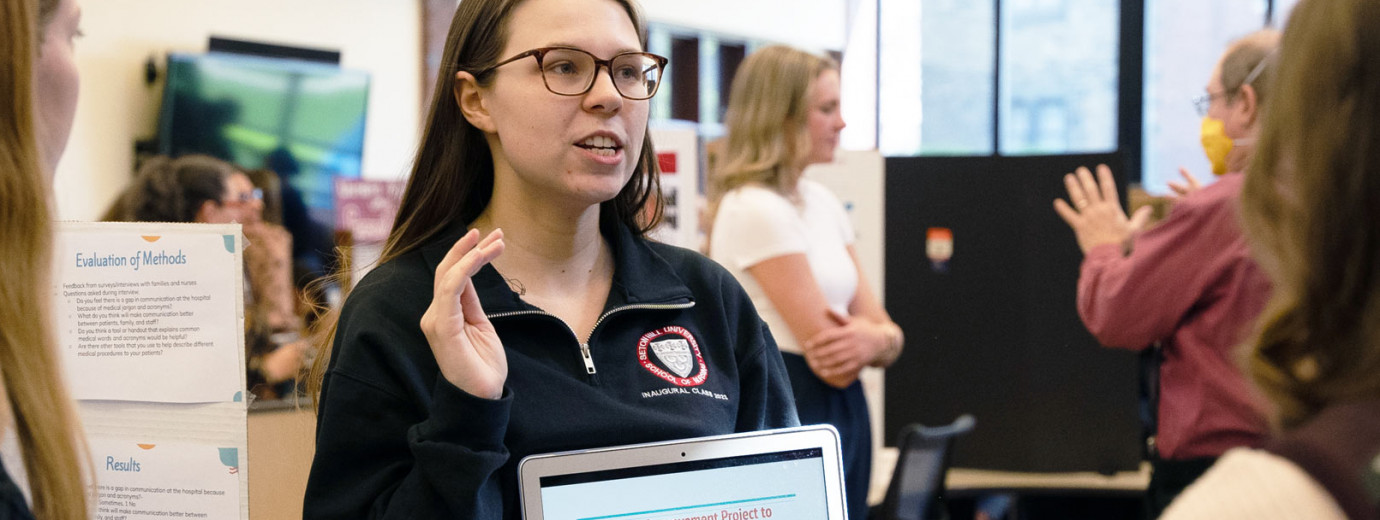
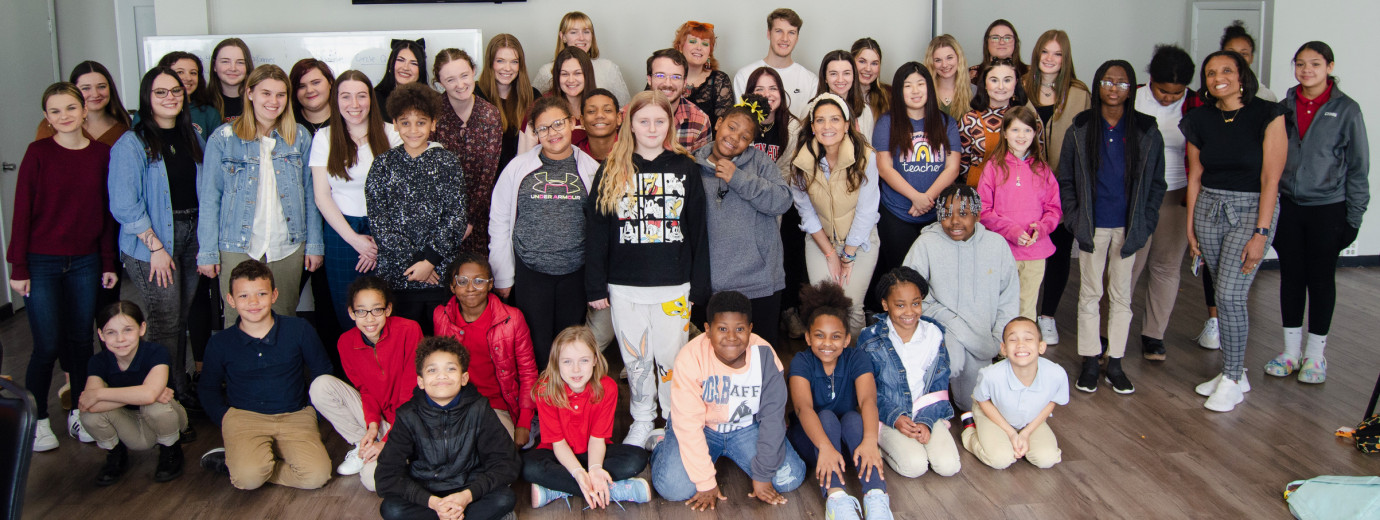
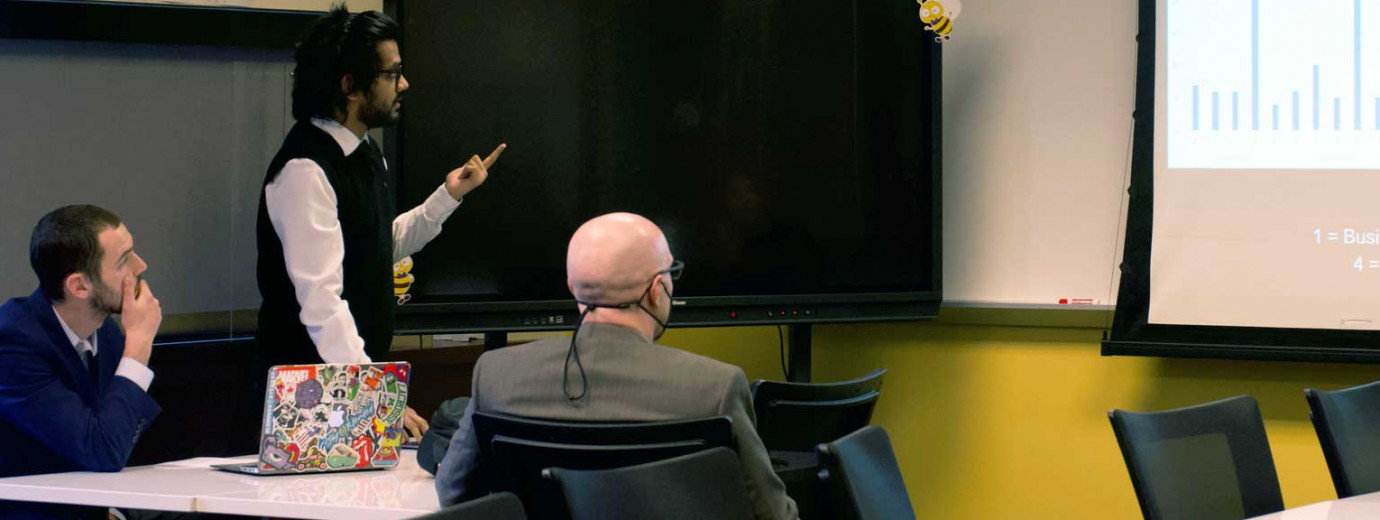
Faculty

Kathleen Harris
Dean of School of Education and Applied Social Sciences, Professor of Education

Kayla Jachimowski, Ph.D.
Adjunct Instructor

Barton Lemansky
Adjunct Instructor
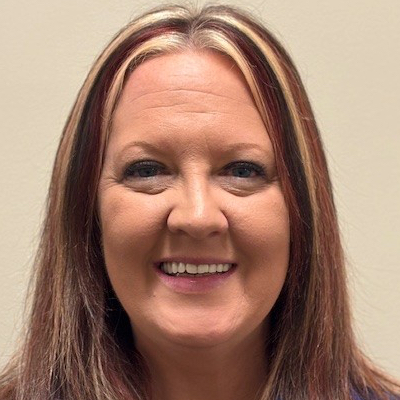
Jennifer McCune
Adjunct Instructor
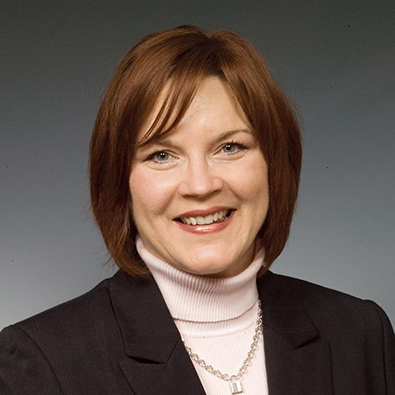
Susan Eichenberger
Associate Professor of Sociology, Coordinator Women's Studies Program
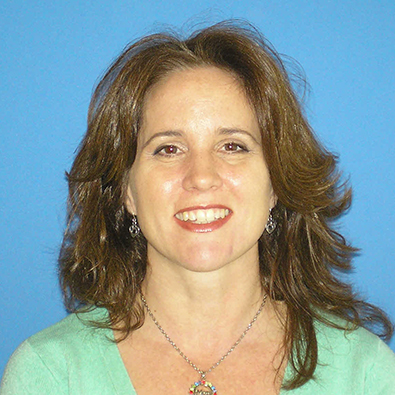
Barbara Flowers, M.S.
Assistant Professor of Forensic Science
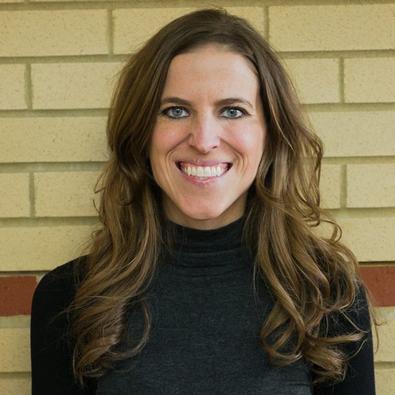
Shavonne Arthurs
Associate Professor and Program Coordinator, Criminal Justice
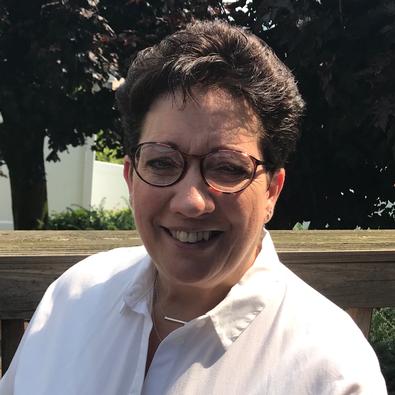
Deborah Slates-Ciocco
Faculty, Criminal Justice/Coordinator Behavioral Health